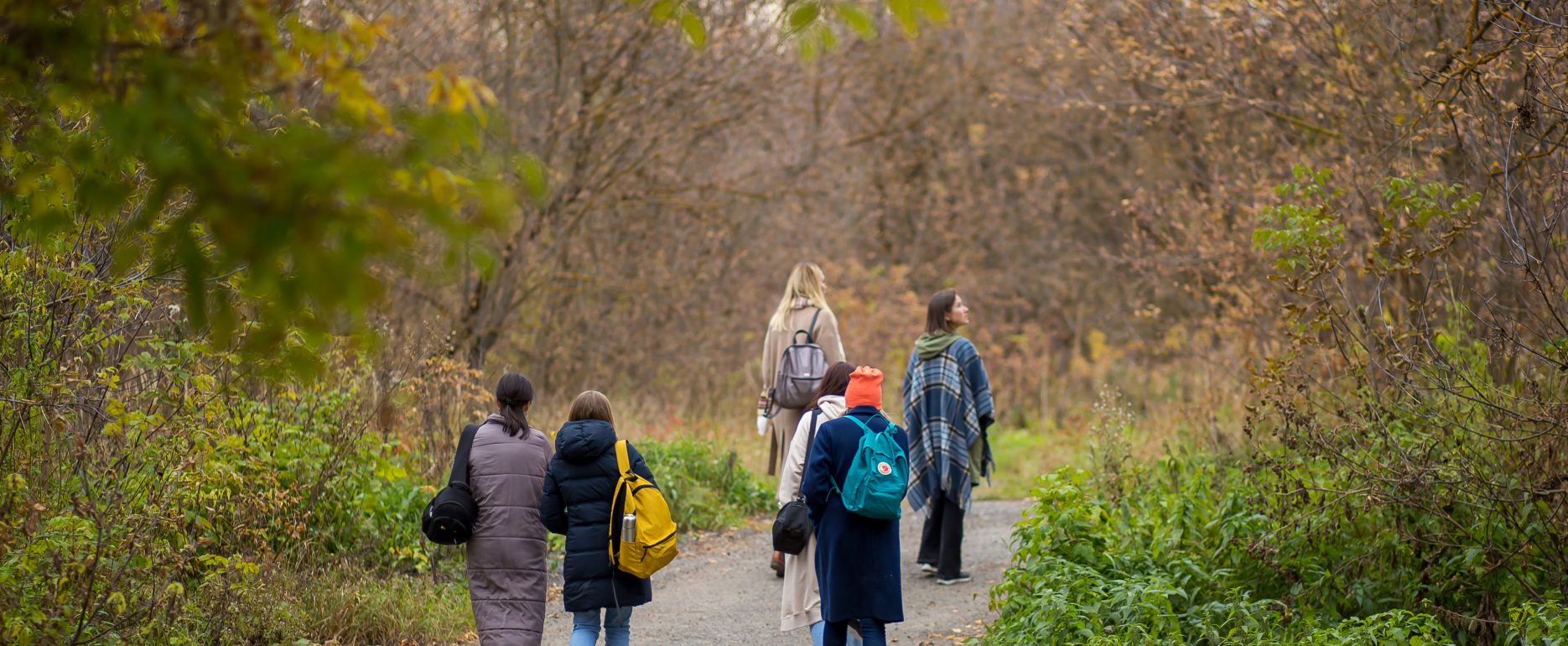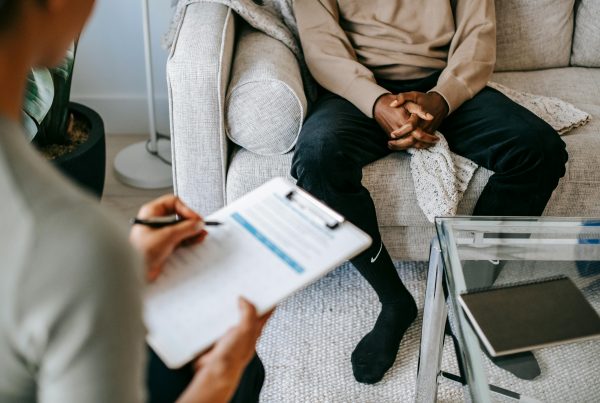Watching a loved one struggle with addiction can be incredibly tough – and often overwhelming. At Detox First, we understand that addiction doesn’t just affect the individual; it impacts families, friends and entire support networks. If you have someone close to you who is facing drug or alcohol addiction, knowing how to support them during detox and recovery can make a real difference.
In this blog, we’ll explore practical ways you can help your loved one, what to expect during detox and how to look after yourself during this journey.

Understanding Detox and Recovery
Detox is the first step in the recovery process, helping the body safely rid itself of alcohol or drugs. It’s often accompanied by withdrawal symptoms, which can range from mild discomfort to severe medical emergencies, depending on the substance and the level of dependence.
After detox, the recovery process continues. It is an ongoing journey that involves therapy, support groups, changing up your lifestyle and sometimes medication. Detox is not a “cure” — but it’s the first step towards a healthier, long-term recovery.
How You Can Support a Loved One
1. Educate Yourself About Addiction
Understanding that addiction is a chronic medical condition, not just a matter of willpower, will help you approach your loved one with compassion rather than frustration. Learn about the specific substance they’re using, what withdrawal looks like and what recovery involves.
2. Encourage Professional Help
While your support is vital, detox should be carried out under medical supervision. Encourage your loved one to seek professional detox services rather than attempting to quit “cold turkey” at home, which can be dangerous.
At Detox First, we refer you to safe, medically monitored detox programmes that reduce withdrawal risks and prepare people for the next phase of recovery.
3. Be Patient and Avoid Judgment
Addiction recovery is rarely a straight line. Relapses, emotional ups and downs, and setbacks are common. Offer patience, listen without lecturing and avoid blaming language like “Why can’t you just stop?” or “You’re ruining everything”. Instead, express concern and willingness to help.
4. Offer Practical Support
Going through detox and recovery is tough, both physically and mentally. You can help by:
-
- Driving them to appointments or treatment
- Helping manage childcare or household tasks
- Preparing healthy meals
- Being available for check-ins and encouragement
Even small gestures can show that they are not alone.
5. Respect Their Journey
Your loved one’s path to recovery may involve choices you don’t fully understand, such as inpatient rehab, outpatient therapy, medication-assisted treatment or 12-step programmes. Respect their treatment plan and avoid pushing them toward your preferred approach.
6. Take Care of Yourself
Supporting someone in recovery can be draining. Make sure to:
-
- Set healthy boundaries
- Seek support through friends, family or counselling
- Join a support group such as Al-Anon or Families Anonymous
Remember, you need to take care of yourself first before you can effectively help someone else.
Common Challenges to Prepare For
-
- Withdrawal symptoms: These can include anxiety, irritability, nausea, sweating and cravings. Professional detox services help manage these safely.
- Emotional instability: Detox often brings up suppressed emotions. Be ready for mood swings and emotional outbursts.
- Relapse risk: Relapse is common, especially in early recovery. Have a plan in place and encourage your loved one to seek help immediately if they do relapse.
How Detox First Can Help
At Detox First, we offer:
-
- Safe, medically supervised detox programmes
- Personalised care plans tailored to each person
- Emotional and psychological support throughout detox
- Guidance on next steps, from rehab to aftercare
Our goal is not just to help people detox safely but to lay the groundwork for long-term recovery and healing.
You’re Part of the Solution
Supporting a loved one through detox and recovery is an act of love — but it’s also a responsibility that requires education, patience and boundaries. By learning how to support effectively, you become an essential part of their recovery network.
If you or a loved one needs help, Detox First is here to guide you every step of the way. Reach out to our team today to learn how we can support your family’s journey toward healing.





